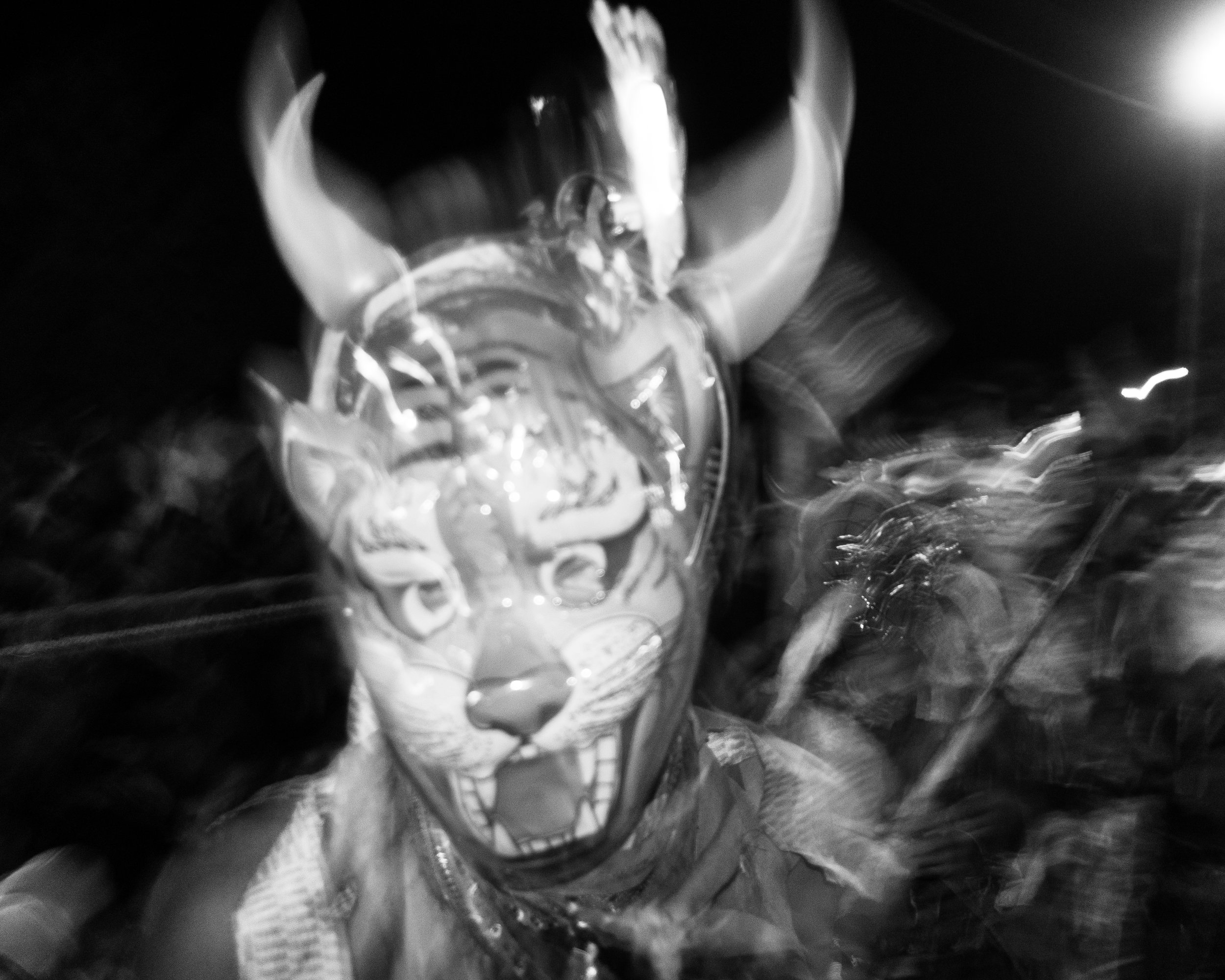info
/

last holi
pre-pandemic purge

The last celebration before the Pandemic - 2021 is the only year Bhil tribals did not invoke the goddess Holika in over 700 years because of strict Covid appropriate behaviour followed to avoid the spread of the virus in these vulnerable rural communities.
Unlike the popular Holi played in most parts of India, the Holi celebrations of Bhils have not changed over 700 years. 

The original inhabitants of the Satpura range, these tribals have been forced to relocate to nearby villages as many of their homes were claimed by the contentious construction of the Narmada dam.


A 15 day celebration that witnesses hundreds of Bhil tribals congregate in villages in Nandurbar district of Maharashtra that borders two neighbouring states of Gujarat, and Madhya Pradesh.
It takes many days of celebration across villages to complete the cycle of appeasement for Goddess Holika, in turn paying their respect to her on the occasion of the festival.

Plans to appease goddess Holika paused for one year, 2021 was that ill-fated year the Goddess was not called upon, but her presence was felt as Covid ravaged through humanity in that one year, the world paused and purged.





They all move to traditional dance forms like Molgi through the night with the beat of the drums echoing a new dawn. The finale is at dawn, when they set fire to a special bamboo brought from Gujarat to burn as the end of the festival, praying to the Goddess for rain and good crop.
Women dance intently to celebrate the power of fertility and men dress up as wild animals, as they honour a tribal connect to nature with elaborate headgear and weapons as a show of courage. 


March 2020 - Villages on the foothills of the Satpura range in Maharashtra make sure to invoke the god of fertility, Holika, every year by rhythmically moving in a trance to the enchanted sound of bells and drums, a spiritual sound of energy and earthen connection, that ensures a high that brings oneness with the source of creation. 

Though most Bhils lost their homes under the guise of ‘development’, they vowed to keep their ancient traditions alive.